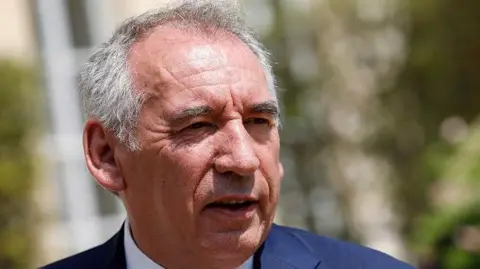 Getty
GettyPresident Macron has turned to a fellow centrist, and one of France’s most experienced politicians, to extricate the country from its crisis of government.
But if François Bayrou commands plenty of respect across the political spectrum, it is hard to see how he can avoid the same man-traps that felled his predecessor Michel Barnier.
Appointed by the president as the constitution dictates, the prime minister can nonetheless only function with the support of parliament.
And as the National Assembly is crippled by the same three-bloc impasse as it has been since July – with no possible change before July 2025 – it would be a rash punter who predicted for Bayrou any degree of success.
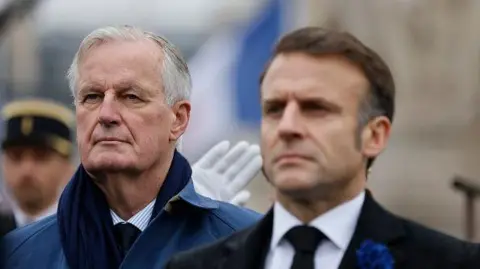 Getty
GettySince the fall of Barnier a week ago – after a vote of no confidence supported by left and populist right – Macron has consulted with a range of leaders in the hope of forming a new informal coalition to run the country.
Barnier having been a man of the traditional right, Macron’s first instinct was to turn to the traditional left – and efforts initially focused on prising the Socialist Party (PS) from its alliance with the hard-left France Unbowed (LFI).
However as the PS’s condition was the adoption of leftwing policies that Macron was unwilling to sanction, he was forced to limit his search to his own inner circle.
Bayrou has been a close ally of the president since before Macron’s first stunning election win in 2017. Indeed Bayrou’s decision to stand aside as a candidate that year – and rally behind the younger man – created a vital dynamic behind Macron’s campaign.
A well-known figure on the political stage for more than 40 years, Bayrou – who is 73 – has run the Modem party, which now has 36 deputies, since its formation in 2007. Before that he was the leader of other centrist incarnations.
His beginnings were in the Chistian Democrat tradition of post-war politics, which in general supported but kept a distance from the larger Gaullist component of the French right, led from the late 1970s by Jacques Chirac.
Bayrou, who was a teacher of classical languages in his 20s, served as education minister from 1993 to 1997. But that was his last meaningful experience of government.
Very briefly in 2017 he was Macron’s justice minister, but stepped down after being accused in a party funding scandal.
He was eventually cleared of wrongdoing, but many of his colleagues were convicted. And prosecutors have appealed against his acquittal, meaning he could yet be brought back to court.
An observant Catholic with six children, Bayrou’s political base is in the Pyrenean city of Pau where he has been mayor since 2014. He speaks the local Bearnese language and is a strong believer in decentralisation.
Bayrou has run for the presidency three times, as standard-bearer of the centre. He was closest to victory in 2007, when he came third with nearly 19% of the vote. He then angered the future winner Nicolas Sarkozy by coming out in support of the Socialist candidate Ségolène Royal.
When the only possible means of survival for a minority government is to build bridges on left and right, Bayrou has the advantage of having passable relations with both sides.
His backing for Royal and then François Hollande in 2012 has established a certain trust among the Socialists. But his views on debt – and the need to bring it down – help him on the right.
Interestingly his relationship with Marine Le Pen of the populist right is also respectful. In the past he has helped her collect the sponsorships needed to run for the presidency, arguing that it would be an affront to democracy if the leader of the most popular party could not stand.
Similar sentiments led to support for Le Pen, when the prosecutor in her own party funding trial (a similar case to his own) recently demanded she be declared ineligible for public office.
This may mean that Bayrou can avoid an automatic censure from the populist right.
But Le Pen’s National Rally has also warned that if the new prime minister is “Barnier with another face” it will not hesitate to bring him down.
According to France’s veteran political commentator Alain Duhamel, Bayrou is an independent-minded and highly experienced figure who – though allied to Macron – will not hesitate to exert his power at Hotel Matignon, his official residence.
“He will not be easily disciplined,” said Duhamel. “And he will tilt policy more towards the left.”
 Getty Images
Getty ImagesFrance’s crisis of government – the most serious in the Fifth Republic – has led to a major shift in power, away from the Elysée and towards the prime minister and parliament.
“The last time we had a situation like this was the (post-war) Fourth Republic when presidents had very little power,” said constitutional expert Christophe Boutin.
“Today again, power rests with the groups in parliament who may or may not come together on certain shared policies.”
Bayrou’s first task will be to name a new government, which could take many days. The composition will be an indication of whether he has managed to build bridges to the Socialists on one side, and Barnier’s conservatives on the other.
But very quickly he will have to draw up a new 2025 budget to replace the one abandoned by the Barnier government; and immediately he will be faced with possible rebellions from the left and far-right.
The idea of some parliamentarians of a kind of non-aggression pact – in which government promises not to push through laws without a vote and MPs promise not to vote a motion of censure – has been backed by Macron, who also said he did not want to dissolve the Assembly again before the end of his term in 2027.
But critics say such a deal would be a licence for inertia, with no possible agreement likely on such important issues as bringing down the country’s spiralling debt.











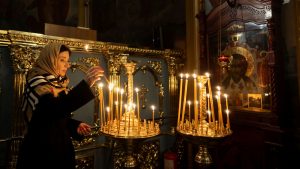
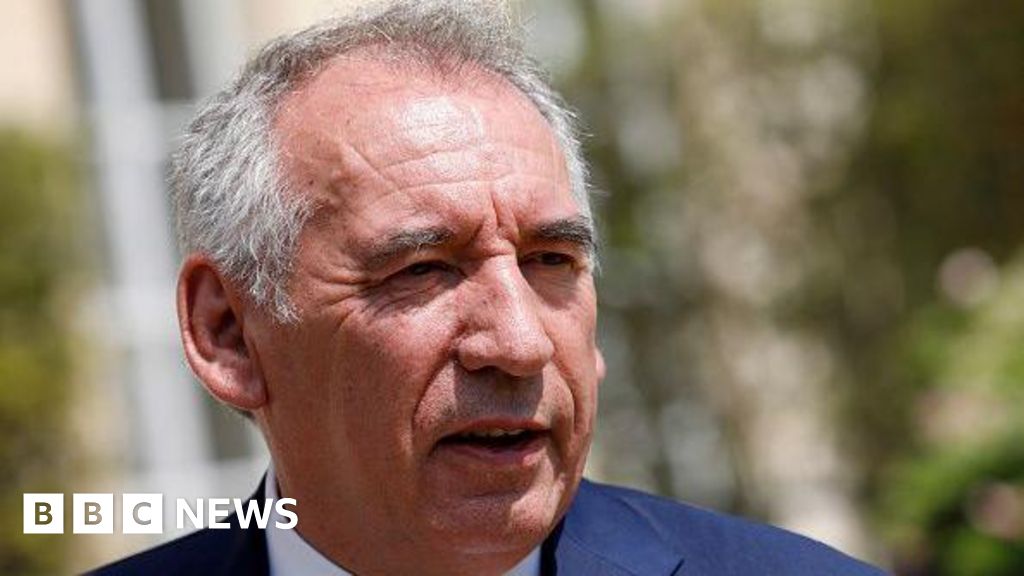

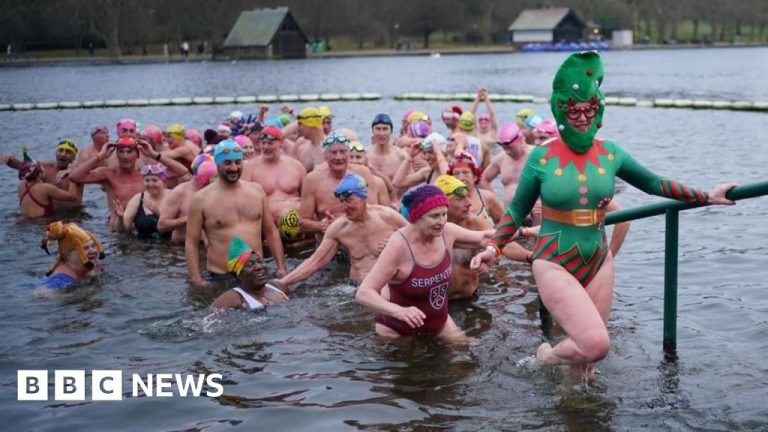

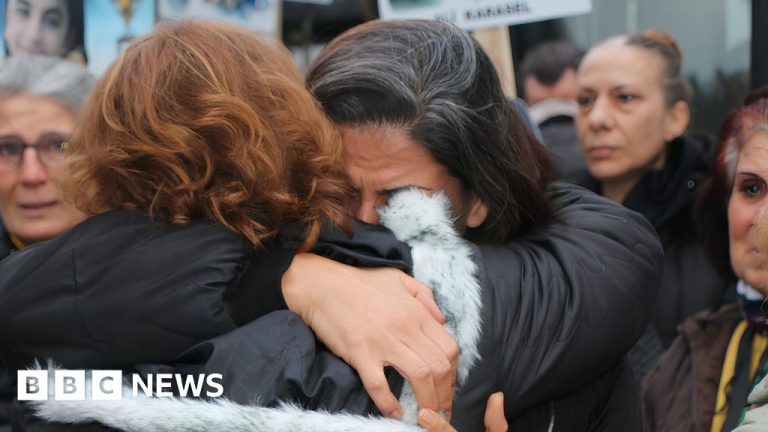







+ There are no comments
Add yours